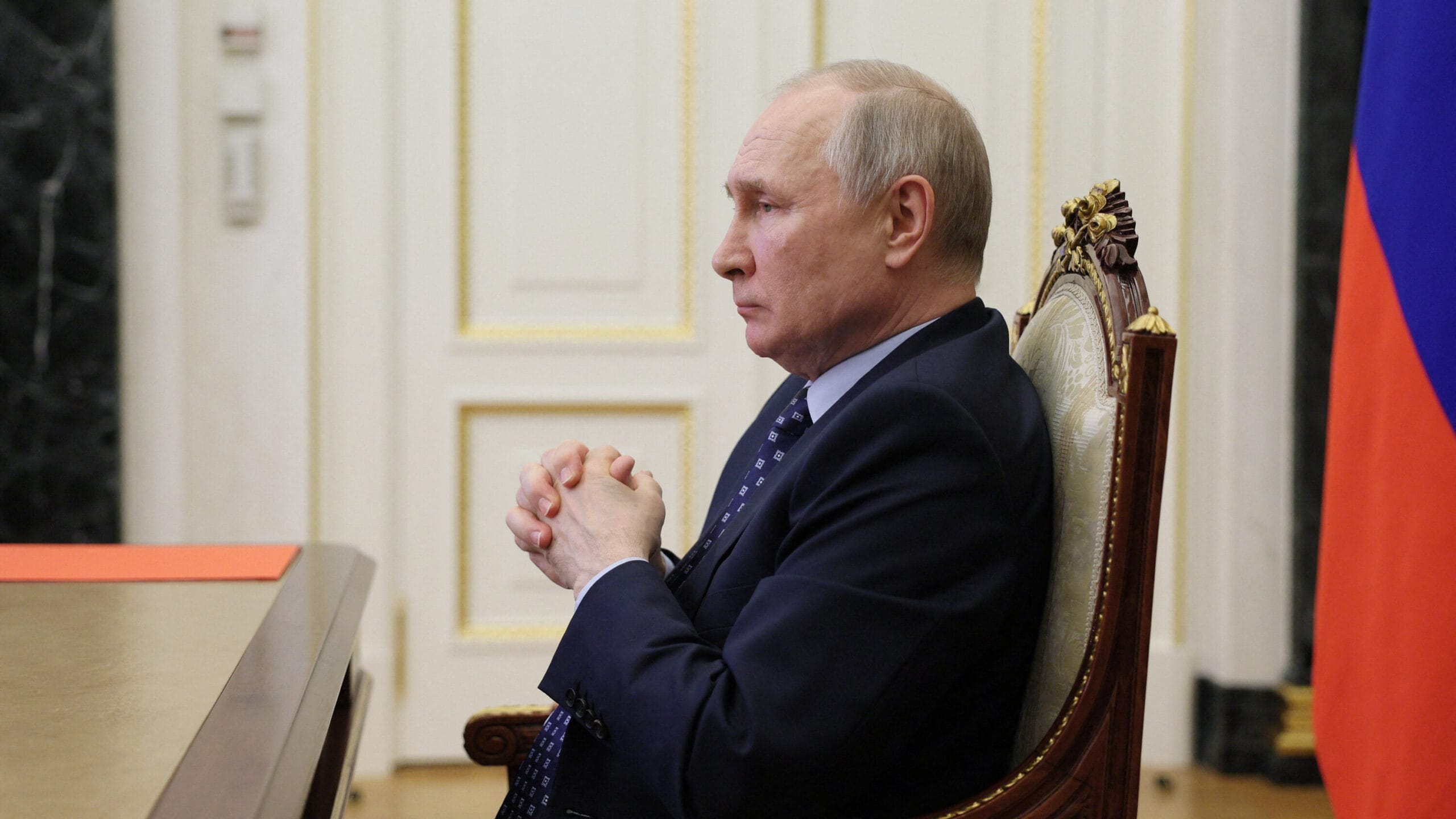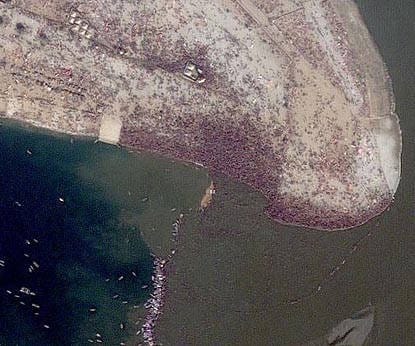In a startling development, Russian law enforcement has taken into custody an individual believed to be linked to a recent assassination attempt against a senior military general, a move that highlights ongoing security concerns within the region. The suspect, an Uzbek national, was apprehended as part of a thorough investigation that has captivated both local and international observers, given the high-profile nature of the target and the method of the alleged attack which involved the use of explosives.
The incident reportedly occurred in a strategic area where military operations and administrative functions are conducted, raising alarm among various segments of society. This particular assassination attempt may resonate deeply given the historical context of political tensions in Central Asia as well as Russia’s continued efforts to maintain a tight grip on security matters. The general, who has not been publicly named, plays a significant role in military operations crucial to national defense, making him a prime target for any groups or individuals seeking to disrupt the status quo.
Officials have already indicated that the motives behind the assassination attempt are under investigation. Analysts and security experts suggest that the motivations could stem from regional disputes, political rivalries, or even attempts by extremist groups to undermine the stability of the Russian state. The use of explosives signifies a considerable level of planning and intent, indicating that whoever instigated the attack likely has access to resources and skills that would not be commonplace among amateur operatives.
As law enforcement dives deeper into the background of the detained individual, questions arise about possible connections to larger networks or groups that may harbor intentions against Russian officials. The Uzbek national’s arrest could be just the tip of the iceberg, as investigators work to piece together the entirety of the plot and identify any potential collaborators. Surveillance footage and communications data are likely being reviewed in order to build a clearer understanding of the circumstances leading up to the attack.
The incident has incited broader conversations pertaining to national security, particularly in light of Russia’s geographic proximity to various Central Asian nations. Many regional analysts have noted that instability in neighboring countries, combined with domestic issues within Russia, could serve as a breeding ground for extremist actions or political violence. Governments in the region have long been acutely aware of the delicate balance between maintaining control and yielding to social unrest, factors that could significantly influence future security policies.
From a geopolitical standpoint, the timing of this event is particularly noteworthy, as Russia navigates multiple challenges including ongoing sanctions imposed by Western nations and internal strife associated with economic and political repression. These dynamics might contribute to escalating tensions within and outside of the country, making it essential for security services to remain vigilant against any potential threats.
Furthermore, reaction to the incident from international communities may also play a crucial role in shaping the Kremlin’s next moves. Public opinion both domestically and abroad will likely influence the manner in which Russia chooses to respond, with a likely focus on portraying strength and control. The ramifications of this incident extend beyond just the immediate concerns of security and into the realm of foreign relations, as neighboring countries and global powers monitor the situation closely.
While investigations are in their early stages, various stakeholders are expected to demand thorough transparency regarding the findings. Any failure to adequately address the motivations and networks underlying the assassination attempt could lead to heightened tensions, not just within Russia, but among its regional partners as well.
As the forensic and intelligence operations continue, the international community watches with bated breath to not only determine what occurred in this instance, but to glean insights into the broader implications of political violence in the region. The case is poised to serve as a significant touchstone for discussions about security, political stability, and the lengths to which various actors might go to influence the trajectory of power in an ever-complicated regional landscape.
The long-term effects of this assassination attempt on Russian military operations and regional stability remain to be seen, and as the investigation unfolds, continued focus on the potential fallout will likely warrant intense scrutiny from both domestic and international observers.



